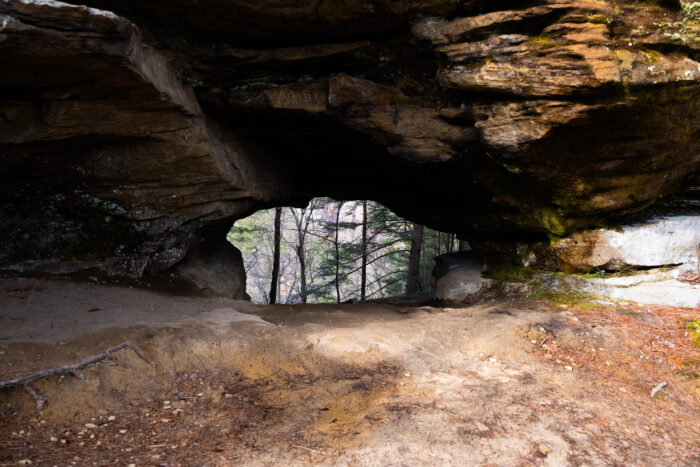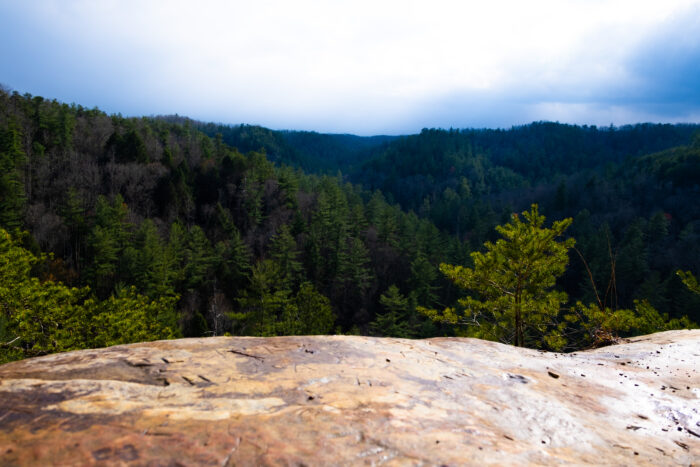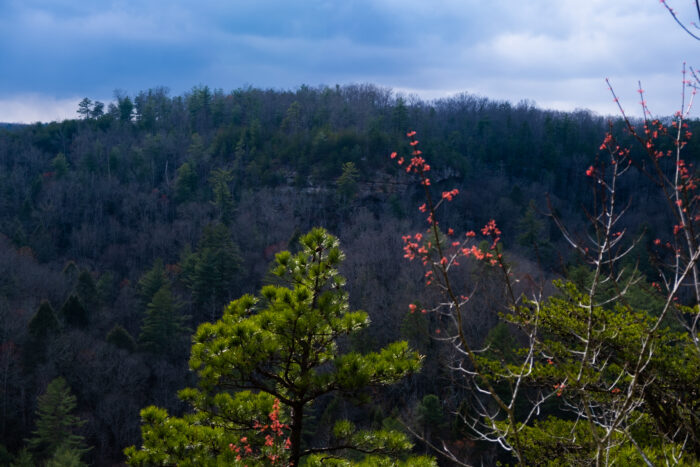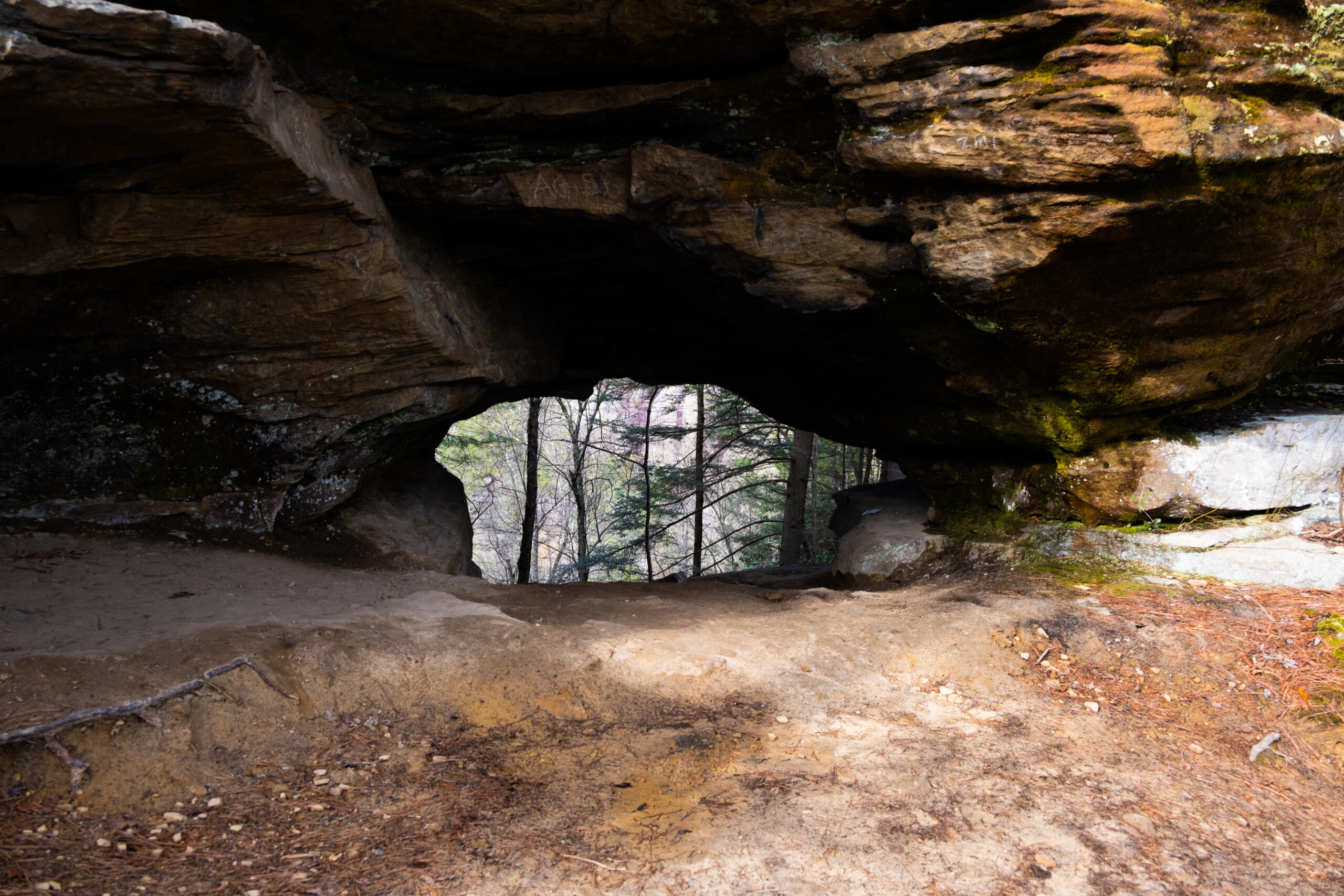
The Fears That Bind Us
Coming up any sort of stairs was my greatest childhood fear.
Sure, I wouldn’t be happy about going down to a dark basement: I’d race for the lights and move slowly around corners. But, for some reason, I felt like going upstairs was like defying a monster’s plan, like you were escaping.
It was as if transitioning from one floor to the next held some sort of vulnerable state that monsters and ghosts could exploit. Or maybe upward movement roused these ghouls–mostly in the guise of Freddy Krueger–from their hiding spot, like the way dogs get when something runs from it, and finalized their decision to grab me. Each step up the stairs brought me closer to thinking this illogical fear an inevitability until I’d just bolt up the latter half of the stairs and, if there was a door, shut it.
This was certainly a deep flaw of this imagined predator. To be in some sort of torpor when I was in closer proximity where they could more easily get me. When I was–forgive the pun–on their level, certainly vulnerable and right there.
The worst kind of stairs? Those that weren’t all completely solid, that were just a board with an empty space in between, where I could envision a hand grabbing one of my ankles as I scurried up. Like that would have been a physically prudent thing for any child predator to do: one’s arm would have no leverage.
I kept this fear pretty close to me, never really telling anyone. My parents probably suspected it whenever they asked me to go downstairs for something, but I was afraid to tell even my parents because I knew that the fear was preposterous every time I made it up the stairs, like a child scientist with that final list of data on their side: “100% survival rate going up stairs; fears possibly not true.” This stayed until I had to perform the experiment again.
Other fears in my life were a bit more complicated but much more real. I was made fun of for my large ears as a child, mostly on the bus, so the bus became worse than the stairs. I was a perpetually shy and nervous around new people, and this didn’t pair too well with the fact that I have moved quite a bit in my life. I’ve also worried a great deal about being polite–too much so, and still do–probably due to what it felt like have so much impoliteness thrown at me.
And most of all, I’ve worried about fitting in, about understanding this inscrutable hierarchy of social class that every child must navigate at school. If I had known fear was just the lack of confidence, I might have had a better time of it.
Then again, maybe not.
Nature Graduation
This year, on my pandemic Spring Break, I found myself sitting alone in the oncoming dark at a backcountry campsite near Whistling Arch at the Red River Gorge in Kentucky. The weather was “Feels Like” 28 degrees due to the 25+ mph winds, and when the heat of the sun gradually left me, I began to move around my campsite, supplementing the logs I had purchased with fallen limbs, trying to keep warm.



The campsite was one I’d never been to, and even though it was technically backcountry camping, my vehicle was parked less than a one minute walk away.
What was more different about this trip, besides the camp spot, was the absence of my wife, which made it the first time outside without her. Unfortunately for her and me, her Spring Break—she is a teacher as well—was a week before mine. And because it had been such a COVID year, both of our goals for our respective Spring Breaks was to get out of the house.
So I went to the Red River Gorge to go on a rock climbing trip, and since you need two people do so, and I was a party of one confronting a seemingly endless Spring Break COVID home vacation, I needed to find partners. A couple of days before my week off, I found out that just-met acquaintances I knew from my climbing gym were coming down to the Red for a couple day climbing trip. We joined forces.
The nearest parking for the campsite was the trailhead lot to Whistling Arch, and as I brought out my gear and took some trips back and forth to the campsite, I noted the frequency of hikers and cars coming and going. Both campsite and Whistling Arch were kind of drive-up sites: the campsite 100 yards away from the parking lot, Whistling Arch a quarter mile from the parking lot in the other direction.
Since I was on vacation, I arrived early in the day because I figured after I secured our campsite and put up my tent, I could do some hiking and photography. I felt that when one is alone and in nature, such circumstances would provide some solid time and space to meander, to wonder—you know, things that the pandemic has stolen from us or at least tarnished in some way.

Red River Gorge arches are usually “up there.” Meaning that when you deign to witness an arch, there will be ledges, there will be changes in altitude. Sometimes, you don’t know how high you are until the drastic landscape confronts you, surprising valleys for being in Kentucky, punctuated by large and sheer rock features.

After my tent and sleeping arrangements were set up, I took my camera and hiked around the area. The wind picked up and a bellowing snow came upon me, amping the non-insideness feeling I had come down here for.
Here I was bundled up in layers, feeling the whirls of snow in the wind on my exposed face, knowing that I was witnessing something I’d miss if I was in my living room instead. Though a bit of anxiety ebbed at me: I had fastened my tent to the ground and left a backpack full of blankets inside, and I hoped this would be enough for the tent not to get blown away.
It was an introduction into a different sphere of fear. I was no Antarctic or Amazon explorer, but shelter was important, especially in such cold. And I have never before worried about my shelter being blown away.
My minor anxieties about the tent shifted to the back of my mind as I walked, the ground helping me to stay present, with its various contours. Soon, at Whistling Arch, I found myself skirting edges that would surely hurt me, if not end me, if I didn’t place my feet right. And in my navigation, the feeling of familiarity welled up, as if all my previous experiences in nature made me privy to its norms. This was why I was out here. I felt confident.
When I negotiated a couple cliffs, my body went into this honed mode, scouting the ground before I placed my feet, vaguely knowing that I had no cell service, no buddy system. When you have a camera around your neck, your bodily fear switches from potentially bashing this expensive thing against a rock and tripping and falling somewhere most unpleasant. You are alert and focused.
And your core—that important but often forgot about muscle group—becomes your most prized tool, rivaling deft feet, as you become cat-like in your gait, balancing around rocks, boulders, and emerged-from-the-ground tree roots while navigating around an edge, a barrier to a long fall.

I snapped a bunch of pictures, investigating with no mind to the watch on my arm. With Whistling Arch explored and a couple of hours to kill before my climbing partners arrived, I found the path that headed beyond the arch.
Here, the path wound along the ledge of a cliff, this very non-metaphorical yin and yang of ground and open space–coupled with the reason for the cold temperature, the wind coming in with 25+ mph gusts. One side solid, in the form of a steeply combination of hill, rock, and tree, and the other, the gorge with its steep valley and the other side flaring up into a wall of rock and trees. The trail skirted the boundary of each: one solid, one empty space.
I stood there a bit, ready, backpack with all the necessary snacks and water, an extra battery for my phone, and my camera slung around my neck. Instead of continuing with that confidence I had been riding on, trouncing around boulders and such, I began reflecting on my singularness, the utter vulnerability of a human without our largest power, another human.
The snow, cold, and wind began to feel like it did when I was close to home, when I could get in a car and flee to my living room. There I could look at this outside turmoil whilst pristinely warm in my recliner, perhaps glancing out the window in a brief break from reading a book.
Against the Darkness
Fitting to think in that bit of confidence renegotiation, my mind went to our species’ first tool of dispelling such darkness: fire.
I walked back to the campsite and found that starting a fire in such winds caused little trouble. The fire area was angled perfectly, the wind gusts stoked the flames. It was still light, and so I read a book, taking breaks to tend the fire and scavenge more fuel from around the area. Periodically I received texts from my climbing partners, their arrival time would be much later than they thought.
In the grips of evening, I put my headlamp on, and the car sounds from my campsite went from the quaint understanding that these were hikers finding trailheads to, “What are these people doing out here?”
I began to wonder at my earlier confidence, this confidence that I had somehow been inducted into some sort of higher relationship with nature. The reason I was out here alone, early, in the first place.
Coincidentally, I was reading Eva Holland’s wonderful book on fear, Nerve, while the sounds of the night began to be misconstrued by a now weary brain. And though such a book should have made me a reading scientist, objective and above my material of study, it made more so a peer of fear, like the mention of such a thing would make it worse unless one knocked on wood. And I wasn’t going to do that, even if surrounded by the substance.
I sat by that fire, alone in such a situation for my first time ever, thinking very strongly about what backcountry camping—though I was still not really doing this—meant: a reawakening of what it was like to live centuries ago.
The trees swayed in the wind, some rubbing their limbs against their neighbors, creating a whining screech of a sound. At one point, I thought I heard the jingle of the tags of a dog. Were those footsteps or the sounds of skittering squirrels or a fallen limb settling onto the uneven ground?
Our fears adapt so well.
Usually when one falls asleep, if one isn’t tired enough by the day, we cycle through our anxieties, our mistakes. We seek to calm ourselves into some sort of relaxation. We all have our different ways of centering ourselves to confront the night. Some of us have a glass of wine; some seek a comforting world of a book.
That night, cradling my body as close to the heat as possible, reading with the aid of a headlamp, afraid of the night like I had been when I thought basements were just as mysterious as a darkened wood, knowing that I would be climbing rock faces as high as 80 feet the next day with a rope, a harness, and another human keeping me alive, I felt that weird pull of this deep and primordial iteration of fear and its almost total absence in our engineered, socialized, pampered, convenient, automated, and communal worlds.
But all it took was the sound of a car door shutting and the faint voices of my climbing partners door for me to reclaim a sort of civilized bearing. To return, even though I had not even moved a limb.
I had made it up the stairs once again.

